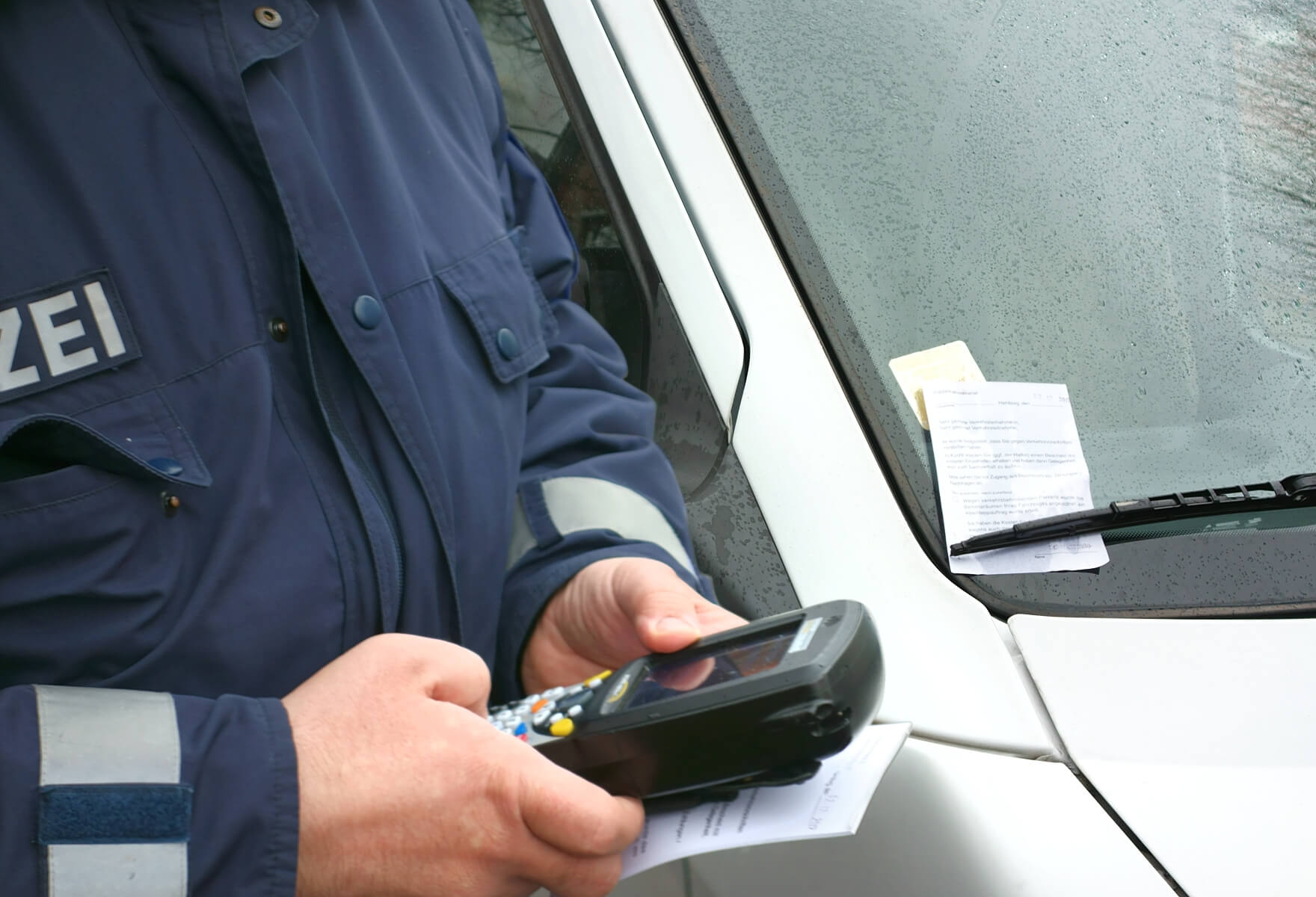Ignoring a traffic ticket is never the right move, no matter where you get your ticket. Doing so can get you in trouble and leave you facing significant penalties.
If you receive an out-of-state ticket, you should resolve the ticket as soon as you can to avoid any potential risks.
1. Don’t Ignore Traffic Tickets from Outside Your Home State
If you’re visiting another state and receive a traffic ticket, it might seem tempting to just ignore it. It can’t hurt, right?
Unfortunately, that’s the wrong way of looking at out-of-state traffic tickets. These days, it’s difficult to get away with ignoring a ticket and pretending it never happened. While you’re free to ignore a ticket, you’ll more than likely have to deal with some consequences eventually.
For this reason, it’s best to just tackle your out-of-state traffic ticket as soon as possible and give yourself some peace of mind. Doing so will help you avoid the following risks.
2. Your Home State Will Likely Find Out About Any Ticket You Receive in Another State
That’s right — if you receive a traffic ticket in another state, your home state will likely find out about it.
Most states are part of the Driver’s License Compact (DLC) or Nonresident Violator Compact (NVC). Under these agreements, states are notified if one of their licensed drivers receives a traffic ticket in another state.
Driver’s License Compact
Under the Driver’s License Compact, member states agree to report out-of-state driver traffic convictions to the driver’s home state. The Department of Motor Vehicles (DMV) of your home state then treats the conviction as if it had happened within your state.
Therefore, an out-of-state traffic violation results in the same consequences as if it had happened in your state. So for example, if your state assesses points on your driver’s license, you may get points depending on the violation. However, if the ticket results in a fine, you’ll have to pay the fine to the state that issued the traffic ticket.
Currently, 45 out of 50 states operate under the DLC, excluding Massachusetts, Georgia, Tennessee, Michigan, and Wisconsin.
Nonresident Violator Compact
Usually, a state that is not your home state has little influence over you. However, under the NVC, states that are part of this agreement have agreed to suspend the license of any driver who fails to pay fines. License suspension usually lasts until the fine is paid or the ticket is otherwise resolved.
Alaska, California, Montana, Michigan, Wisconsin, and Oregon are the only states that are not part of the NVC.
3. You’ll Likely Face Consequences
If you fail to take care of your out-of-state traffic ticket, you’ll likely face repercussions at some point or another. These consequences can include:
- License suspension
- Points on your license
- Expensive fines
- Arrest warrants
Because every state handles traffic tickets differently, the penalties vary. It’s best to save yourself the headache and resolve your traffic ticket as soon as possible.
Your Car Insurance Rates May Be Affected
It’s no secret that traffic violations and accidents can affect car insurance prices. The same goes for out-of-state traffic tickets.
Depending on the violation that resulted in your traffic ticket, you may face an increase in your car insurance rates. As many states legally require car insurance, it’s a necessity, and driving without insurance can get you in serious trouble. Therefore, you’ll have to face the consequences and pay higher rates no matter what.
Let an Experienced Traffic Ticket Lawyer Help You
Many traffic ticket penalties can be avoided if you trust a traffic ticket attorney to handle your case. When you need legal guidance for an out-of-state traffic ticket, rely on The New York Traffic Ticket Lawyers in Central New York.

